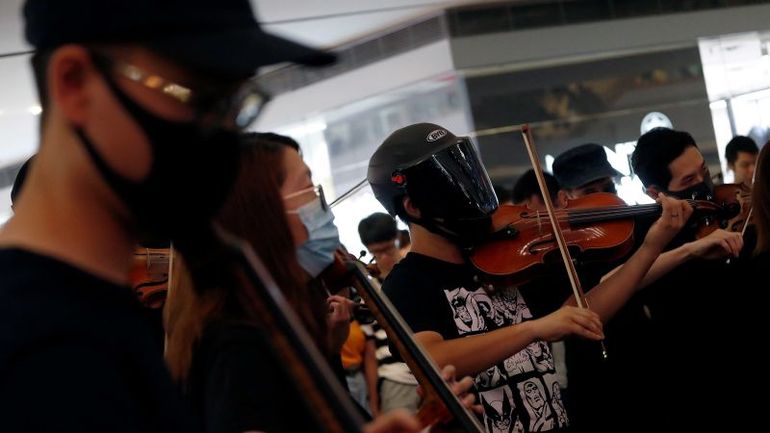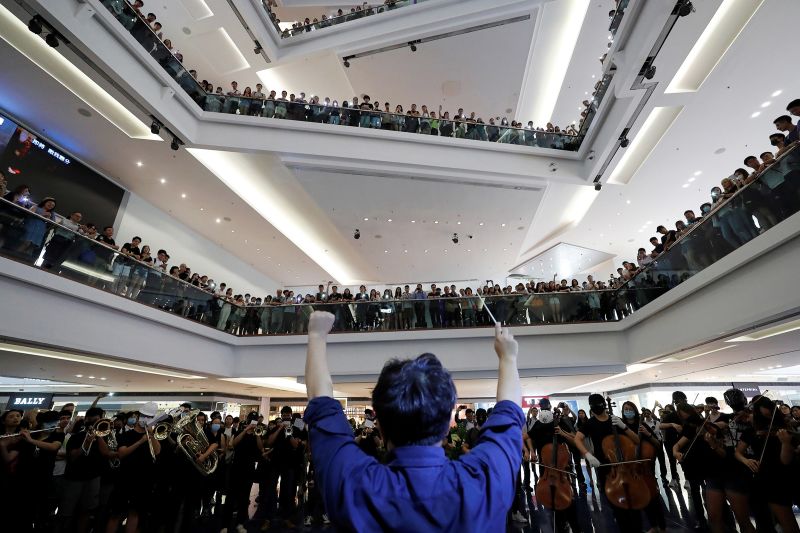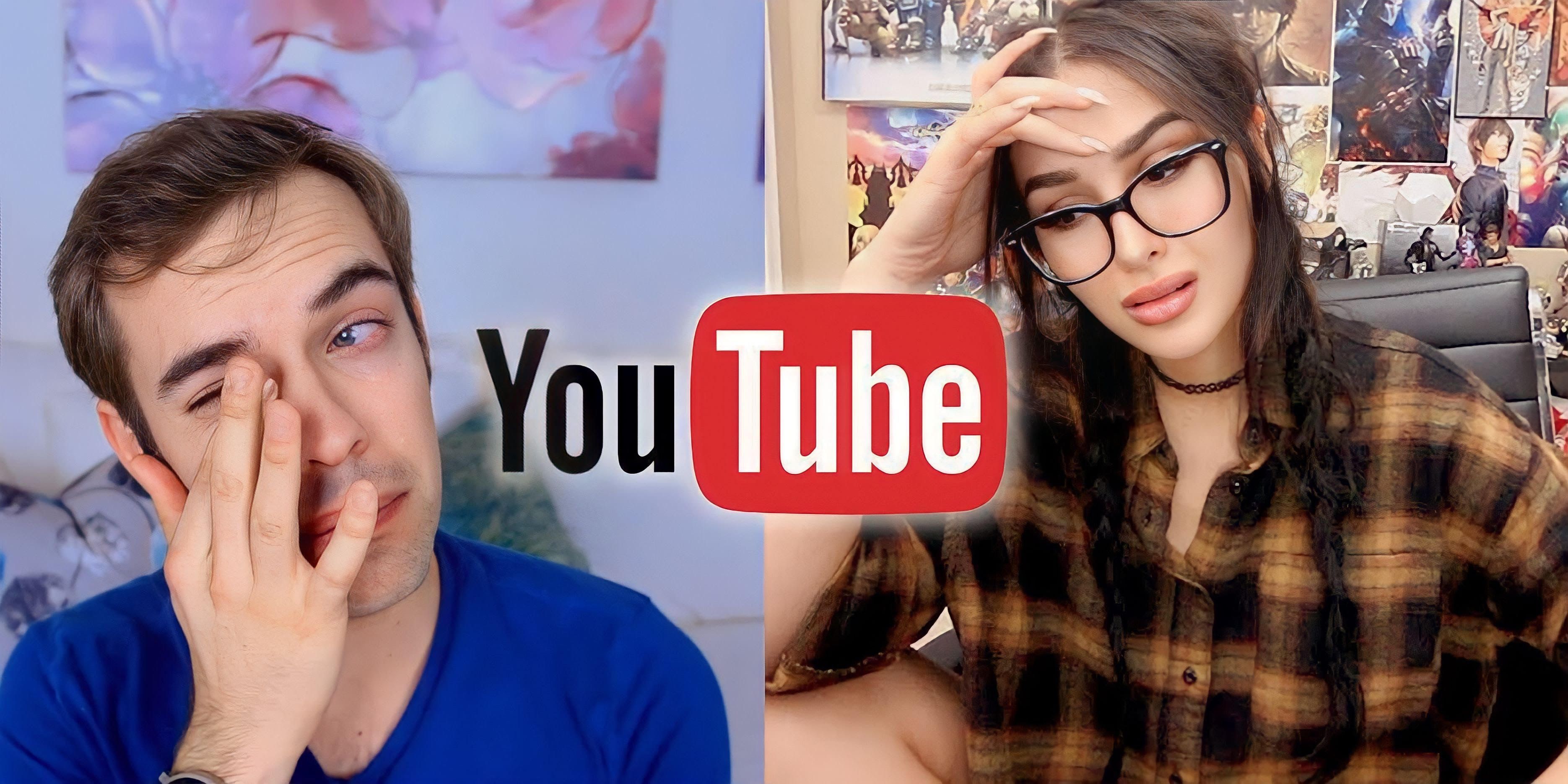
YouTube restricts Hong Kong protest anthem following court mandate

YouTube has restricted the availability of a well-known protest anthem, shortly after a Hong Kong court approved the city government's plea to prohibit the song's circulation.
YouTube has blocked access to a popular protest song in Hong Kong. In a statement on Wednesday, YouTube announced that 32 web links playing “Glory to Hong Kong” have been geoblocked. This means that the song is now unavailable in the semi-autonomous Chinese city following a court order.
Attempts to access the videos, which include instrumental and sign language versions of the song, from Hong Kong yielded messages such as “This content is not available on this country domain due to a court order” or “This video isn’t available anymore.”
“We are disappointed by the Court’s decision but are complying with its removal order by blocking access to the listed videos for viewers in Hong Kong. We’ll continue to consider our options for an appeal, to promote access to information,” a YouTube spokesperson said in an emailed reply to CNN.
Google, the parent company of Youtube, mentioned to CNN in an email last week that they are currently reviewing the court's decision.
CNN has also contacted Meta, the company behind Facebook, WhatsApp, and Instagram, as well as Spotify for their responses.
A musician composed "Glory to Hong Kong" in August 2019 under a pseudonym, and it quickly became the unofficial anthem of pro-democracy protests. The authorities have expressed concerns over the song's perceived separatist messages.
The ballad includes lyrics that mention the phrase "liberate Hong Kong, revolution of our times," a slogan that was banned in 2020. The Hong Kong government and courts have deemed the phrase as having secessionist and subversive meanings.
The Asia Internet Coalition, with members like Spotify and Meta, is currently evaluating the effects of the ruling. They are looking into how the court order will be enforced and how it will affect businesses.
Jeff Paine, the managing director of the group, stated that they firmly believe in the importance of a free and unrestricted internet for the city to achieve its goal of becoming a global technology and innovation center.
CNN has reached out to the Hong Kong Department of Justice for comment.
A group of musicians play "Glory to Hong Kong," a protest song, during a flash mob protest inside a shopping mall at Kowloon Tong, in Hong Kong, China, on September 18, 2019.
A group of musicians play "Glory to Hong Kong," a protest song, during a flash mob protest inside a shopping mall at Kowloon Tong, in Hong Kong, China, on September 18, 2019.
Tyrone Siu/Reuters/File
Related article
How a Hong Kong protest song became an unofficial ‘anthem’
"Glory to Hong Kong" has been played by mistake at international sporting events where Hong Kong teams were participating, instead of China's national anthem "March of the Volunteers."
Many pro-Beijing politicians and officials, such as the city's justice minister Paul Lam, have pointed fingers at Google's algorithm for causing the mix-up.
Last June, the Department of Justice in Hong Kong tried to stop the song from being broadcasted or distributed by filing a court injunction. Although the injunction was denied at first, it was approved last week after an appeal.
When Hong Kong was transferred from British rule to China in 1997, it was promised certain freedoms and the ability to govern itself. This allowed Hong Kong to become a place where free speech and creativity thrived, even though it is under China's control.
The city has undergone significant changes since the democracy protests, with a crackdown on dissent becoming more pronounced after Beijing imposed a sweeping national security law in 2020. Additionally, a second local security bill called Article 23 was passed this year, focusing on seditious acts, espionage, and foreign interference.
Leaders from China and Hong Kong justify the need for these laws by stating that they are essential to "restore stability" after the large and often violent democracy protests in 2019. They argue that their legislation is in line with national security laws in other countries.
CNN’s Chris Lau contributed reporting.
Editor's P/S:
The censorship of "Glory to Hong Kong" by YouTube, prompted by a court order, is a disheartening blow to freedom of expression in Hong Kong. The song, which emerged as an anthem for democracy protests, has become a symbol of the city's struggle for autonomy. The













